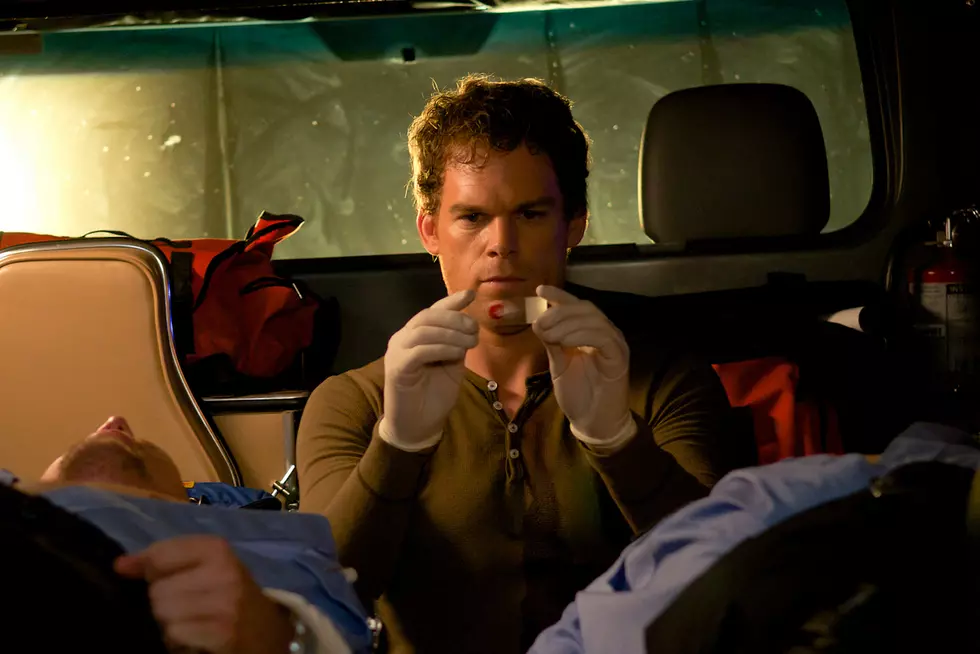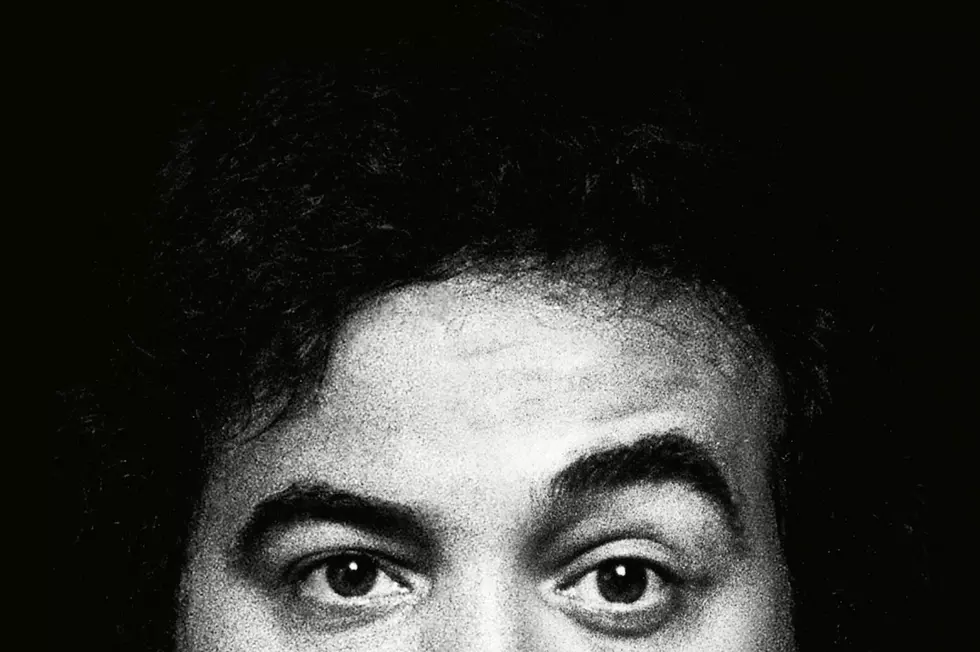![Did the ‘Homeland’ Season 5 Finale Really Kill Off [SPOILER]?](http://townsquare.media/site/442/files/2015/12/AR-312209930d1.jpg?w=630&h=420&zc=1&s=0&a=t&q=89&w=980&q=75)
Did the ‘Homeland’ Season 5 Finale Really Kill Off [SPOILER]?
More than ever in 2015, TV deaths fell under tremendous scrutiny from every angle, fans always looking for anything less than an explicit, often gory end. Homeland Season 5 added another late entry to the field with Sunday’s Season finale “A False Glimmer,” pointing one way with a major character’s death, and then seemingly offering some wiggle room, so what really happened?
You’re warned of full spoilers for Sunday’s Homeland Season 5 finale “A False Glimmer” from here on out, but where the hour began poised for a huge bodycount, as Carrie pursued reluctant terrorist Qasim into Berlin subway tunnels to prevent a nerve gas attack, only a few notable characters ended up deceased by the hour’s end. Peter Quinn (Rupert Friend) in particular seemed like the most obvious target, but was himself left with something of an ambiguous fate.
The season itself already put Quinn through the wringer, first barely surviving a gunshot and subsequent infection, then even more incredulously staving off nerve gas exposure, thanks to a well-timed does of atropine from a remorseful Qasim. Any subsequent hope of reviving Quinn seemed lost after Carrie and Saul prematurely awoke Qunn for intel on the coming terror attack, leading only to a hematoma, and a worsening state.
Having dispatched with the terror threat early on, “A False Glimmer” next moved onto Carrie awaiting news of Quinn’s prognosis, even praying in a chapel, and seemingly having a vision of another woman praying with her daughter. At last, a doctor informs Carrie that Quinn survived the surgery, but may wake up with significant brain damage, if ever he regains consciousness at all.
Enough time passes that Quinn’s emergence from a comatose state seems unlikely, to the point even Dar Adal (F. Murray Abraham) turns over a letter from the fallen agent, who’d previously named Carrie a beneficiary during his time in Syria:
I guess I’m done, and we never happened. I don’t believe in fate or destiny or horoscopes, but I can’t say I’m surprised things turned out this way. I always felt there was something pulling me back to darkness. Does that make sense?…I wasn’t allowed a real life or a real love. That was for normal people. With you, I thought, well, maybe, just maybe. But I know now that was a false glimmer. I’m used to those. They happen all the time in the desert, but this one got to me.
This death, this end of me, is exactly what should have happened. I wanted the darkness. I f—ing asked for it. It has me now. So don’t put a star on the wall for me. Don’t say some dumb speech. Just think of me as a light on the headlands, a beacon steering you clear of the rocks.
If that weren’t enough of a nail in the coffin, the finale itself closed on a shockingly ambiguous note. Carrie later returned to the hospital, Peter’s hair having visibly grown enough to indicate some passage of time, before casually barricading herself in the room. Carrie slipped off the vitals monitor from Quinn’s finger, and seemingly prepared to euthanize her friend, only to relent at the last moment, moved by an unnatural swell of light from outside the window.
Of course, Homeland has already been renewed for Season 6, and the finale already established that Quinn would undoubtedly face severe brain damage, with no real hope for a full recovery. It remains to be seen if the series will remain focused in Germany for its sixth year, especially as “A False Glimmer” also left unanswered Carrie’s response to a proposal-of-sorts from Otto During, namely that she become his “partner in life,” and presumably also his foundation.
Homeland isn’t above the occasional hare-brained twist, or keeping characters alive well-past their narrative expiration date, but should we look at Carrie’s apparent sparing of Quinn as setup for a return? How might the story even keep Quinn involved, short of completely walking back the severity of his brain damage?
Stay tuned for the latest on Homeland Season 6, as showrunners and stars join the conversation.
Check Out 100 TV Facts You May Not Know!
More From ScreenCrush









